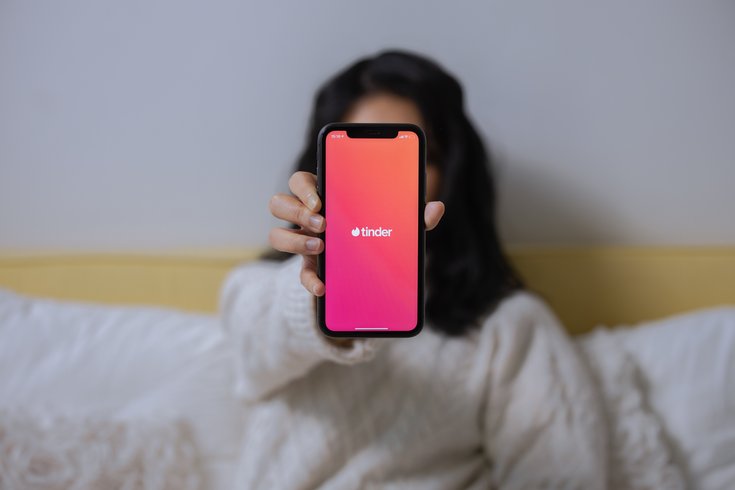
October 03, 2023
 cottonbro studio/Pexels.com
cottonbro studio/Pexels.com
A class action lawsuit in New Jersey alleges Tinder's photo verification process is too lax and allows scammers to steal photos from people to use on fake accounts.
A New Jersey woman is suing Tinder after claiming she discovered her pictures being used by scammers on fake accounts that were verified by the dating app.
The 38-year-old woman from Elmwood Park filed the class action lawsuit last week in Bergen County Superior Court. She says she created an account on the dating app in 2018 and had only used it sparingly, but then discovered the next year that she had been permanently banned from Tinder.
She didn't know why she could no longer use her account until a friend sent her a message on Instagram last December. The message warned the woman that a person named "Gloria" was using her photos on Tinder.
The account of the impersonator had undergone Tinder's photo verification process, which is promoted as a way to assure others on the dating app "that you really look like your photos." To be verified, Tinder users must take a short video selfie that's analyzed by facial recognition technology and used to authenticate profile photos.
Tinder, owned by Match Group Inc., notes on its website that the blue checkmarks seen on verified profiles don't guarantee that people are who they say they are.
"(Please) understand that, while the blue check mark can be a signal that someone is who they claim based on the photos they have provided to Tinder, it is not a guarantee of the authenticity of the information provided by another Tinder user nor should it be considered a replacement for using your best judgment," the company says.
The lawsuit claims Tinder represents photo verification as a safety measure, but its flaws enable people to create fake accounts used for phishing scams, NJ.com reported.
“(Tinder's) photo verification process does nothing to verify the user’s identity – it lacks the capability to detect whether a selfie was actually taken by the user at the time they seek verification,” the lawsuit alleges.
Fraudulent profiles and "bots" are common plagues for people who use online dating apps. It's estimated that one in 10 online dating profiles are fake, and fake accounts are often created to try to obtain personal information or share links that contain malware. There are a number of signs people can look for if they think they may be interacting with fake accounts — like very few profile pictures, unusually fast replies and efforts to immediately move the conversation off the app.
The woman who filed the lawsuit in New Jersey says her photos continue to be used on fake accounts. She also alleges she found one of her friend's photos being used on a fake Tinder account in March. The suit claims the woman has suffered "substantial damage to her reputation caused by scammers" and that Tinder uses "false advertising and deceptive business practices."
One of the attorneys who filed the suit also was involved in an age discrimination lawsuit filed against Tinder in California in 2018. That suit claimed the dating app violated the law by charging people 30 and older more than younger users for premium memberships. Tinder agreed to a $24 million settlement in that case.
In Illinois, Match Group Inc. also is facing a class action lawsuit over claims that it illegally stored facial recognition data from users who verified themselves on Tinder, Hinge and OkCupid.
Regulatory efforts to hold online dating brands accountable have not always been successful in court.
In 2019, the U.S. Federal Trade Commission sued Match Group Inc. — which owns multiple online dating brands — alleging the company used deceptive or unfair practices to get users to subscribe to Match.com. A federal judge dismissed most of that lawsuit last year, ruling that the company is entitled to immunity because it acts as a publisher of third-party generated content, not a creator of profiles.
The lawsuit in New Jersey was filed on behalf of all Tinder users there under the state's Consumer Fraud Act.